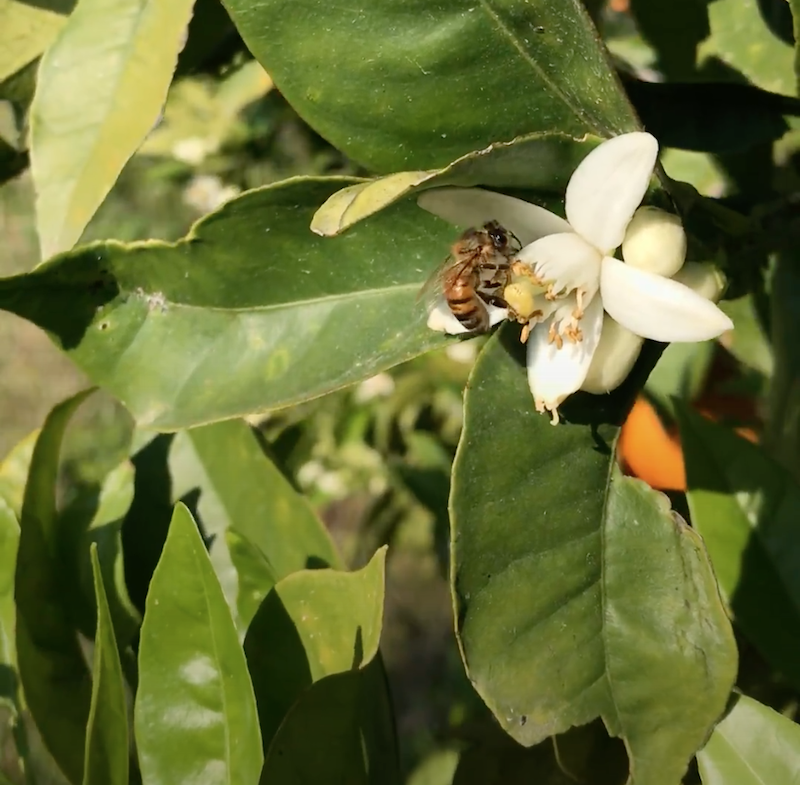According with general definition traditional farming refers to agricultural practices that have been passed down through generations and have not been modified or industrialized. It often involves small-scale, sustainable methods of growing and harvesting crops and raising livestock.
Some common characteristics of traditional farming include:
- Use of local and indigenous crops and livestock breeds: Traditional farmers often rely on locally adapted crops and animals that are well-suited to the local climate and soil conditions.
- Diversity of crops and animals: Traditional farming systems often involve growing a wide variety of crops and raising a range of livestock, which can help to improve soil health and increase the resilience of the farm.
- Use of natural fertilizers and pest control: Traditional farmers may use organic methods of fertilization and pest control, such as crop rotation and the use of natural predators, rather than relying on synthetic chemicals.
- Emphasis on sustainability: Traditional farming practices are often designed to be sustainable over the long term, with an emphasis on preserving natural resources and maintaining the health of the land.
- Close connection to the land and community: Traditional farming often involves a deep connection to the land and a sense of community with other farmers and local residents.
There are many different traditional farming systems around the world, each with its own unique set of practices and techniques. Despite the challenges they may face, traditional farmers play a vital role in preserving cultural and agricultural heritage, as well as in producing food in a sustainable and environmentally responsible way.
Traditional Farming for us
In Sicily historically agricolture was the main business: the richness of soil and varieties make this island always very productive in this sector.

